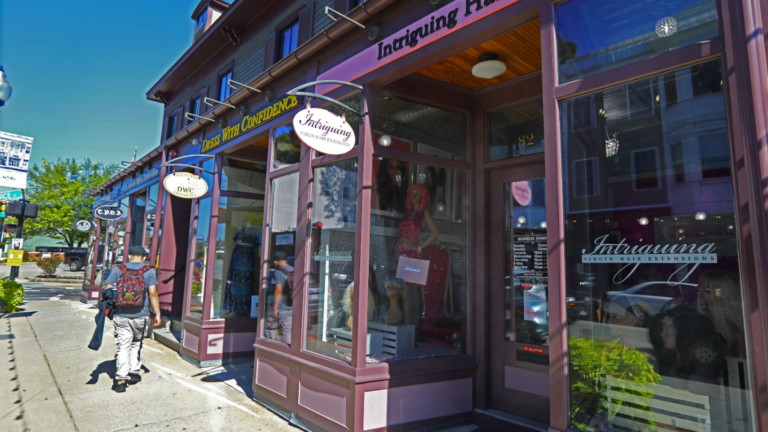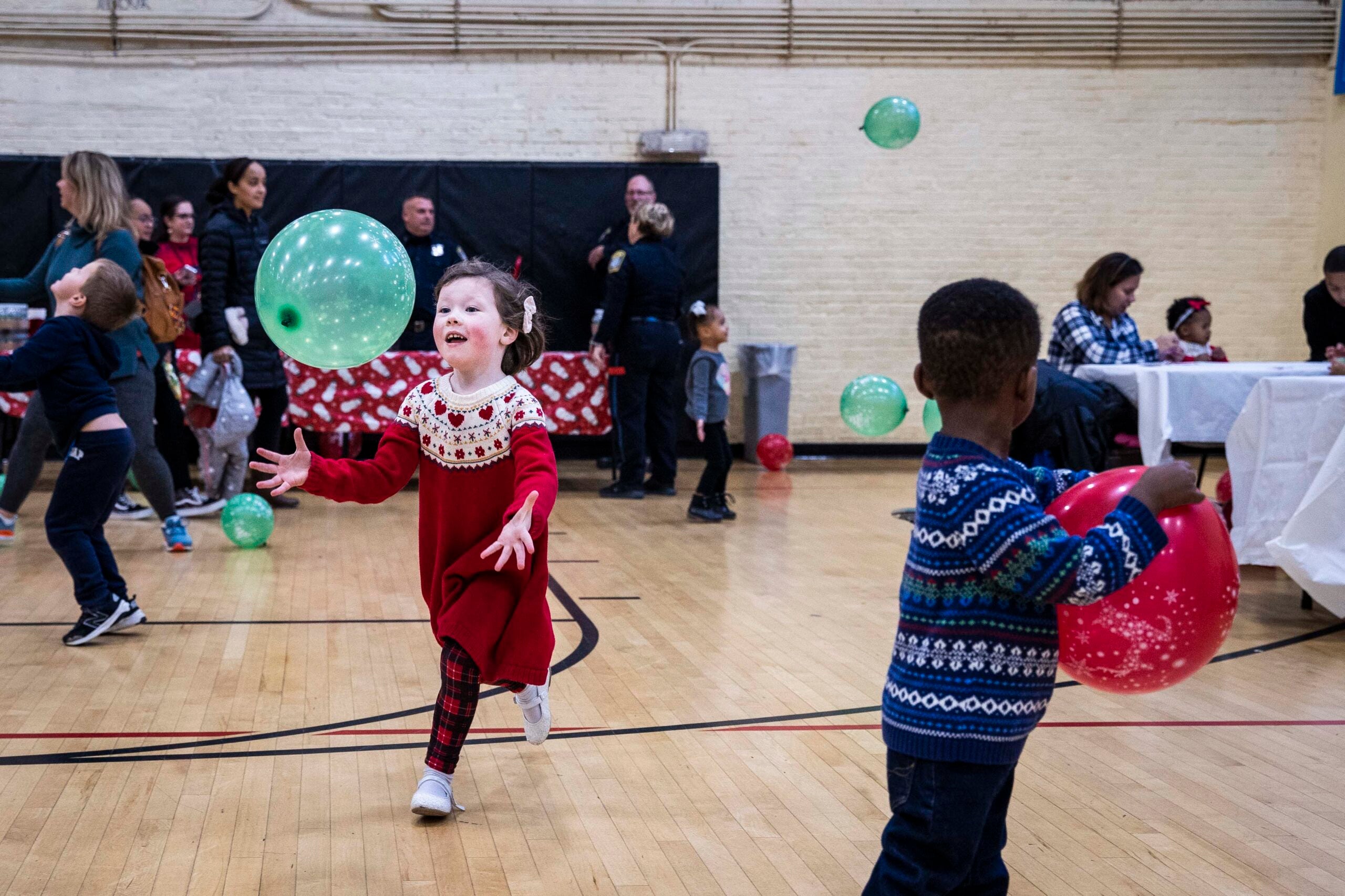Neighborhoods
With its bustling commercial district and vibrant mix of cultures, local leaders say Hyde Park isn’t getting the recognition it deserves.

Asked to name Boston’s iconic cultural hubs — neighborhoods with rich, distinctive histories and thriving small business communities — you might think of Chinatown or the North End. A group of local leaders wants to add Hyde Park to that list, and they met for a virtual panel discussion on Saturday to discuss turning their vision into a reality.
Boston’s southernmost neighborhood, Hyde Park abuts Mattapan, Roslindale and West Roxbury. Established in 1660, it’s the birthplace of the 54th Massachusetts Volunteer Infantry — one of the first African American units in the U.S. army — and the abolitionist, suffragette Grimké sisters once called it home.
Today, Hyde Park is a majority Black and Hispanic neighborhood with a large Haitian community. With green spaces, a growing commercial district and a suburban feel, its motto is “a small town in the city.”
Boston City Councilors At-Large Ruthzee Louijeune and Julia Mejia joined Thien Simpson, executive director of Hyde Park Main Streets, and Marlon Solomon, founder and Senior Project Engineer at the Afrimerican Culture Initiative, for Saturday’s panel. City of Boston Chief of Community Engagement Brianna Millor moderated the conversation.
The panelists agreed that Hyde Park already has many of the makings of a great cultural hub — great shopping and dining options, public art, performance space at the Riverside Theater Works, and above all, a vibrant and diverse community.
“Hyde Park is uniquely positioned here in the city of Boston to really define what culture-building looks like,” Mejia said, “whether it be through the richness of the businesses, the diaspora, [or] the Caribbean communities.”
But Hyde Park isn’t getting the love it deserves from the rest of the city, the panelists said. Raising its profile will require more investment and more programming — with a focus on uplifting the neighborhood’s distinct culture.
The panelists discussed what it means to be a “cultural hub,” and the importance of investing in historically marginalized communities.
“We are such a diverse city, a city where the majority of people are people of color,” Louijeune said. “And so when we’re talking about Boston culture, when folks are limiting that to Boston sports, or just the Museum of Fine Arts, it’s very limiting, and it’s also discriminatory. It’s ignoring our rich immigrant communities, our rich Black communities.
“So when we’re thinking about Boston culture it has to be large enough, and elastic enough, to cover everybody,” she said.
Getting widespread recognition for Hyde Park’s unique cultural offerings would be a boost to small businesses and strengthen the entire community, Solomon explained. Chinatown, he said, exemplifies how a strong network of local businesses have taken their revenue and invested it back into the neighborhood. It’s a better model for growth than relying on outside investment from the city, he argued.
“I’m not a very big believer in ‘trickle down,’” he said. In neighborhoods like Chinatown, “the money doesn’t have to trickle down at all, it drops right into the pockets of the community members, and they support the schools, they support the taxes. And it doesn’t matter what the city says.”

One way to generate more buzz for Hyde Park is through fun programming — like the youth-centered Hyde Park Day of Play and this summer’s Bridgefest, a month-long concert series sponsored by Hyde Park Main Streets. Getting people into the neighborhood and showing them a good time is the best way to ensure they come back and patronize local businesses, Simpson said.
“Some of these neighboring residents have never even been to Hyde Park, even though they live 10 minutes away,” Simpson said. But once they come, “they’re like, ‘Oh my God, we need to come back, this is awesome!’ … Events like this where you’re connecting communities and highlighting the culture of each neighborhood; this is the way to go.”
The panelists encouraged anyone who wants to support the Hyde Park cultural hub project to reach out to Solomon and the Afrimerican Initiative about volunteer opportunities with the Hyde Park Community Input Board.
Newsletter Signup
Stay up to date on all the latest news from Boston.com